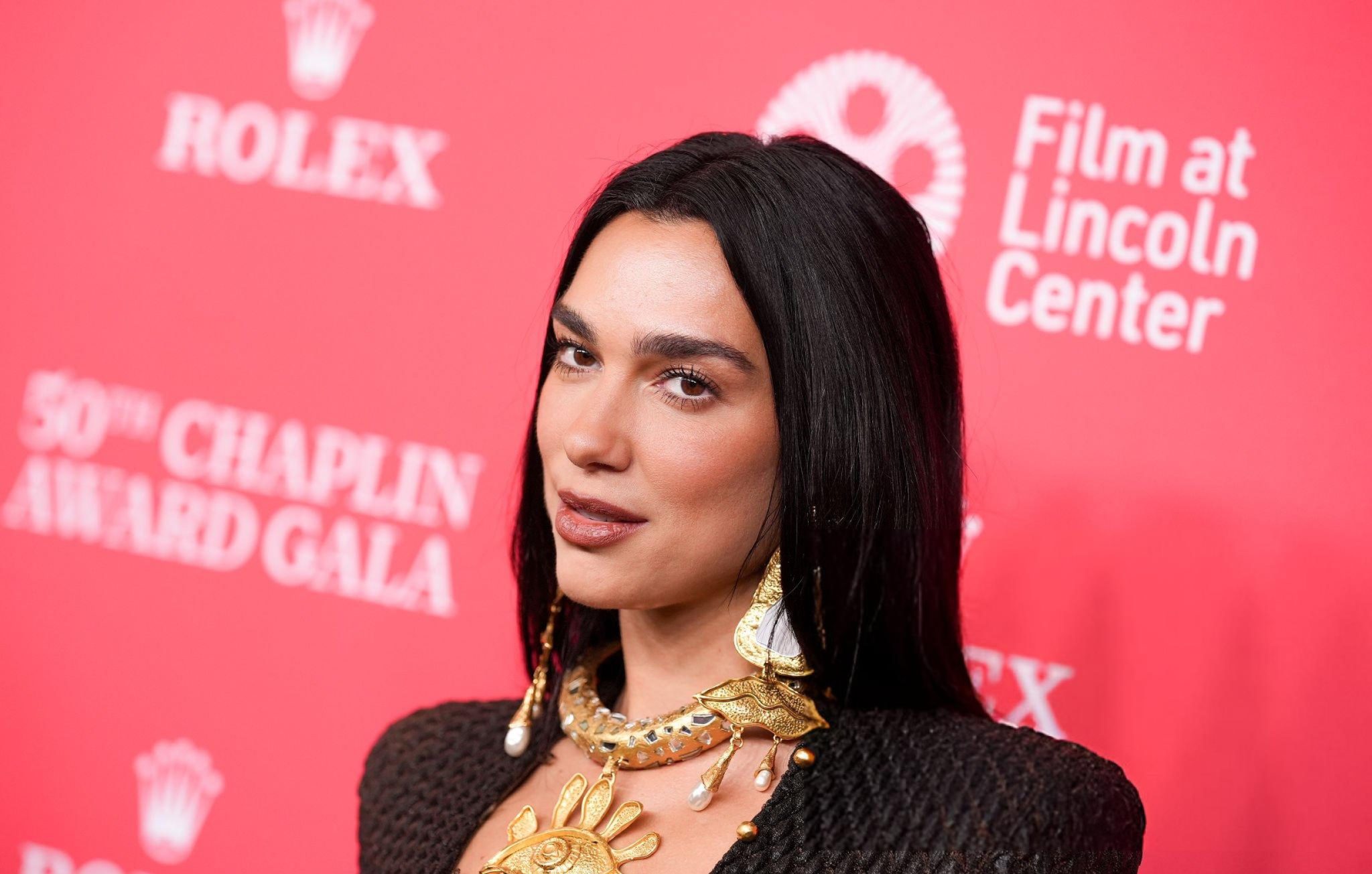Dua Lipa, Ian McKellen and 400 UK celebrities urge PM to protect creators from AI
As artificial intelligence continues to reshape the technological landscape, over 400 leading British cultural figures have united in a powerful appeal to Prime Minister Sir Keir Starmer, demanding stronger safeguards for creative works. The open letter, signed by a constellation of celebrated names including Dua Lipa, Sir Ian McKellen, Sir Elton John, and Florence Welch, calls on the government to ensure that artists’ rights are not left vulnerable to exploitation by AI developers.
The plea comes amid mounting global concern over the use of copyrighted material in training generative AI systems, which are capable of producing music, text, art and other content that mimics human creativity. The UK intervention closely follows a similar move in the United States, where American entertainers recently voiced their apprehension in an open letter of their own.
Published by the BBC, the UK letter asserts: “We are wealth creators, we reflect and promote the national stories, we are the innovators of the future, and AI needs us as much as it needs energy and computer skills.” The signatories warn that without proper legal safeguards, the very works that define Britain’s rich cultural heritage could be effectively surrendered to tech corporations for free use.
Central to the campaign is an amendment to the data (use and access) Bill, proposed by Baroness Beeban Kidron. This amendment seeks to require AI companies to declare when they are using copyrighted material to train their models. Proponents believe that such transparency is key to enabling equitable licensing agreements, ensuring artists are fairly compensated and the UK maintains its position as a creative powerhouse.
“Failing to offer this protection would be tantamount to giving away our work,” the letter cautions, underlining fears that a lack of regulation could lead to the erosion of creator rights in the face of relentless technological advancement.
Joining the chorus of concern are some of Britain’s most respected creatives, including Nobel laureate Kazuo Ishiguro, singer-songwriter Kate Bush, Robbie Williams, Coldplay, playwright Tom Stoppard, and filmmaker Richard Curtis. Sir Paul McCartney, who has previously expressed alarm over AI imitating artists’ voices and styles, also added his signature.
In response to the growing pressure, a government spokesperson said: “We want our creative industries and AI companies to flourish, which is why we’re consulting on a package of measures that we hope will work for both sectors.” The spokesperson further emphasised that no policy changes will move forward unless they demonstrably benefit creators.
The government has promised to publish a detailed report and economic impact assessment in the coming weeks as part of its ongoing consultation. The letter’s release also precedes a critical vote in the house of lords on monday, where Baroness Kidron’s amendment will be up for debate. “The UK is in a unique position to take its place as a global player in the international AI supply chain,” said Kidron. “But to grasp that opportunity requires the transparency provided for in my amendments, which are essential to create a vibrant licensing market.”
However, not everyone agrees with the proposed measures. Julia Willemyns of the Centre for British Progress expressed concern that imposing such regulations could deter innovation. “A restrictive copyright regime would offshore AI development, chill domestic innovation, and directly harm the UK economy,” she argued in comments to the BBC.
The debate unfolds at a time of heightened tension over AI’s reliance on creative works. In february, artists Annie Lennox and Damon Albarn issued a silent protest album to spotlight their opposition to government plans that initially included an “opt-out” approach—allowing AI developers to use copyrighted content unless creators explicitly objected. The backlash, however, appears to have prompted a reconsideration.
Kazuo Ishiguro summarised the stakes succinctly: “It’s essential that they get this right.” As the government weighs its next steps, the UK’s cultural leaders hope their collective voice will compel policymakers to act decisively to protect the future of creativity in the age of AI.







